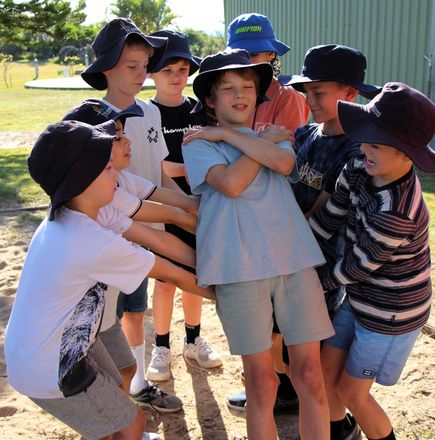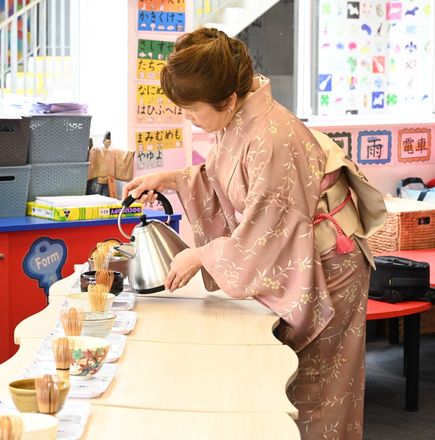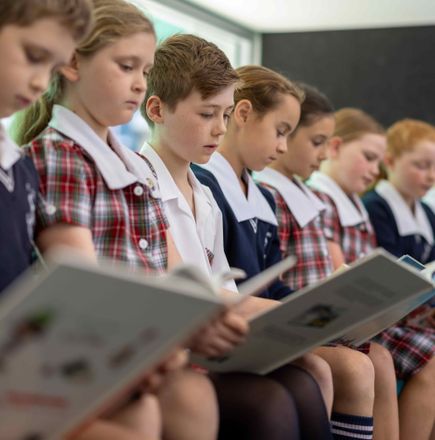We are proud to be an authorised International Baccalaureate World School, implementing the Primary Years Programme (PYP).
The International Baccalaureate Primary Years Programme (PYP) is designed for students aged 3 to 12. It focuses on the total growth of the developing child, touching hearts as well as minds and encompassing social, physical, emotional and cultural needs in addition to academic development.
The PYP draws on research and best practice from a range of national systems with a wealth of knowledge and experience from international schools to create a relevant, engaging, challenging and significant educational framework for all children.

Here at St Andrews, we are committed to making the PYP a reality for our students. Our dedicated educators work tirelessly to deliver an engaging and enriching learning experience that aligns with the principles and practices of the PYP. Through inquiry-based learning, students explore real-world concepts, make connections across disciplines, and develop critical thinking and problem-solving skills.
By embracing the PYP, we are shaping future leaders who possess the knowledge, skills, and values to make a positive impact in our ever-changing world.
The IB Learner Profiles
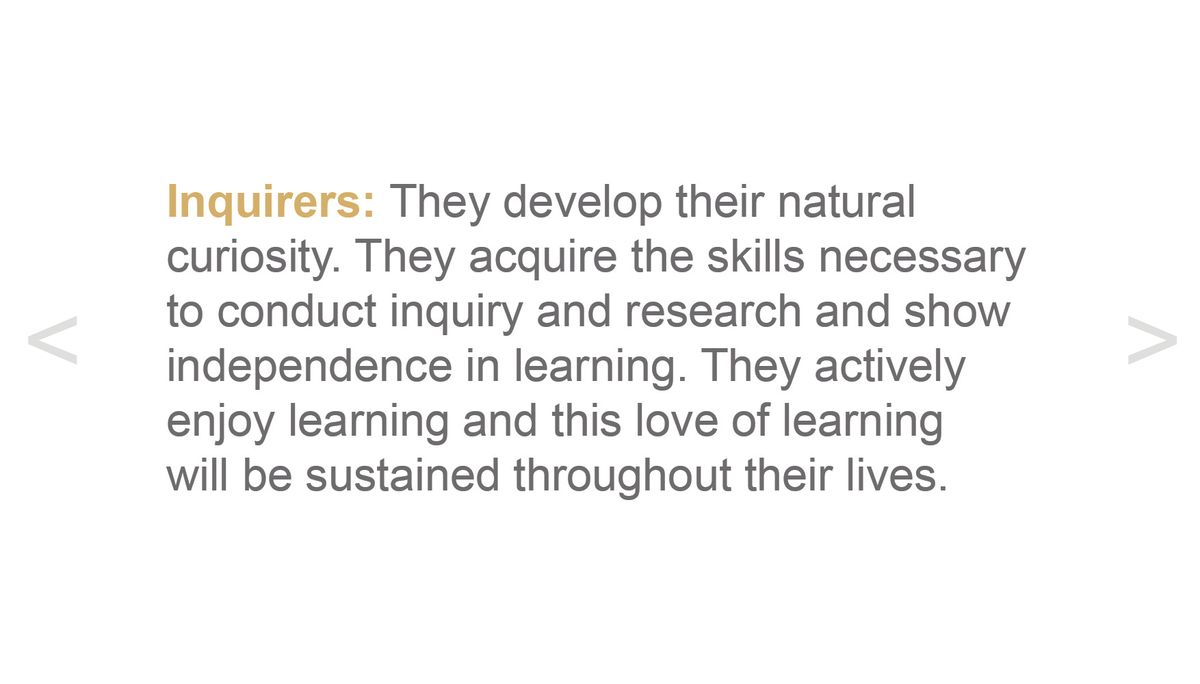
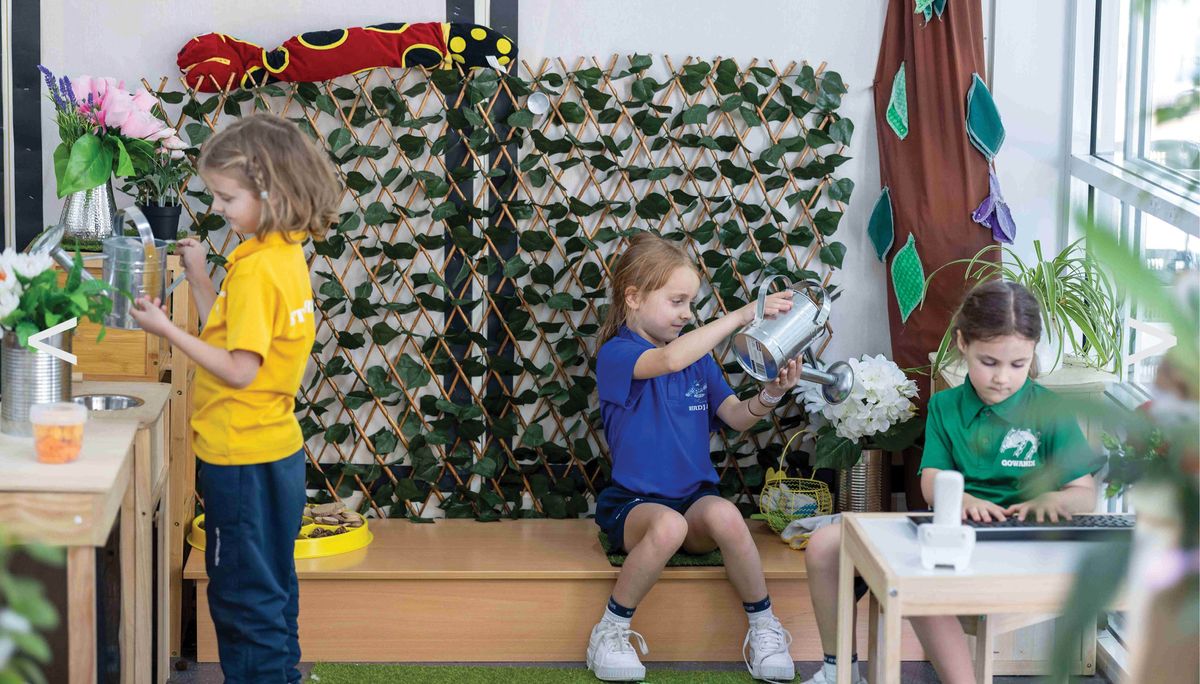
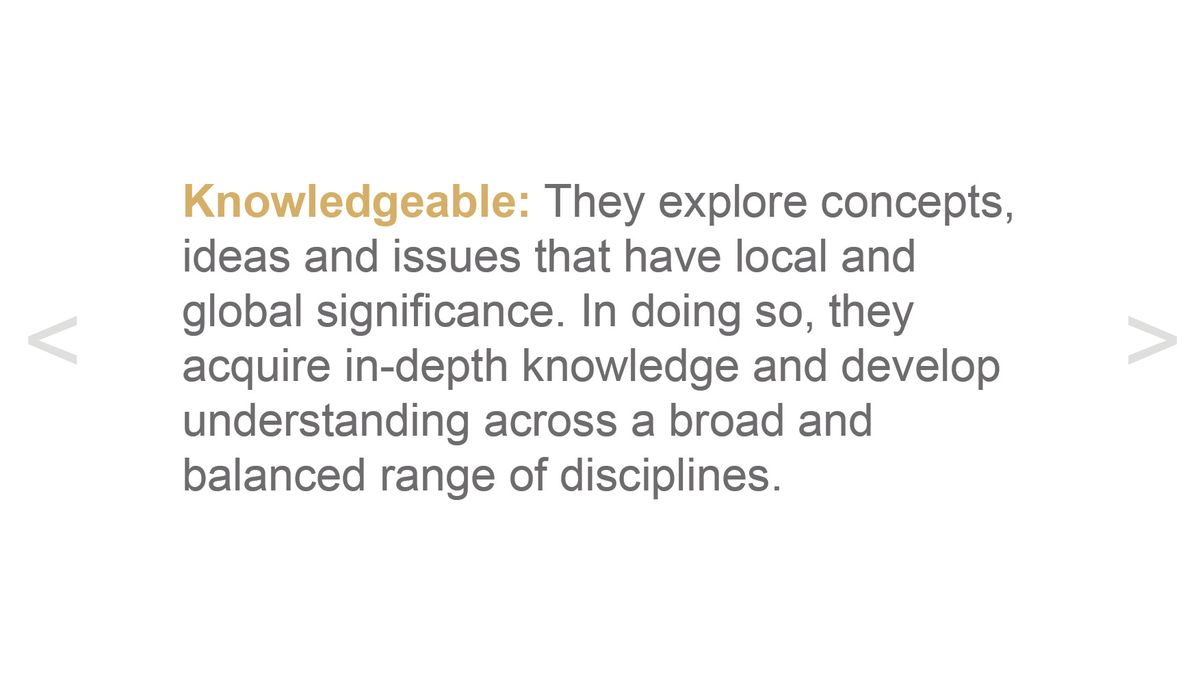
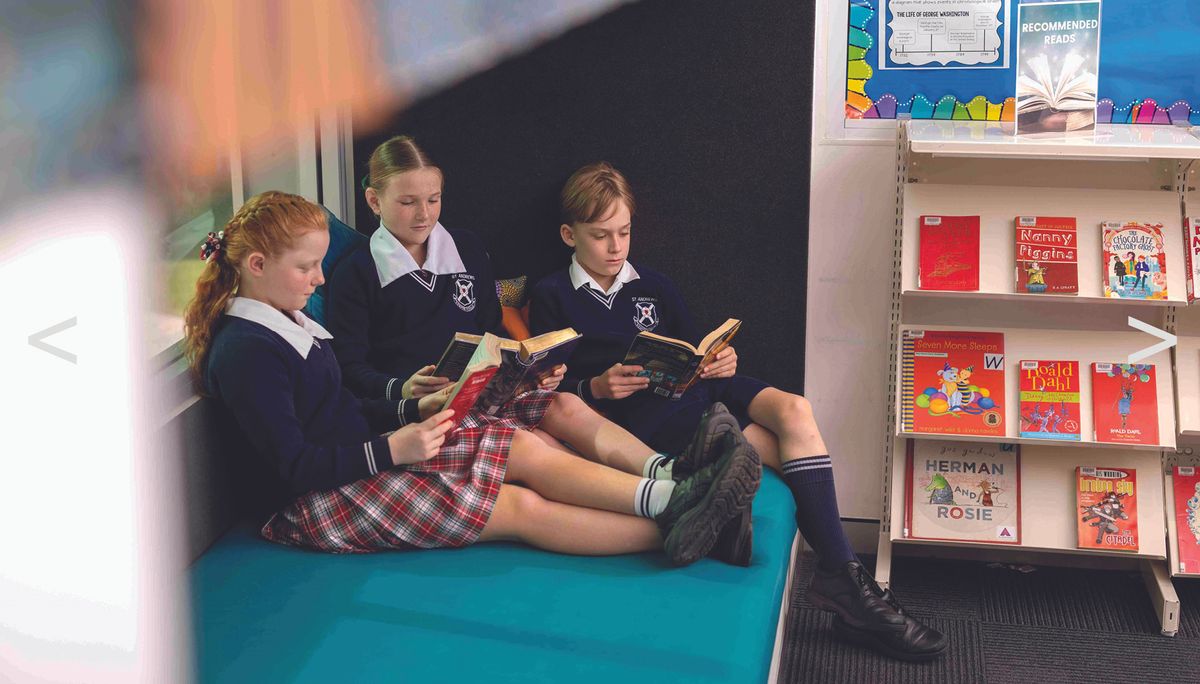
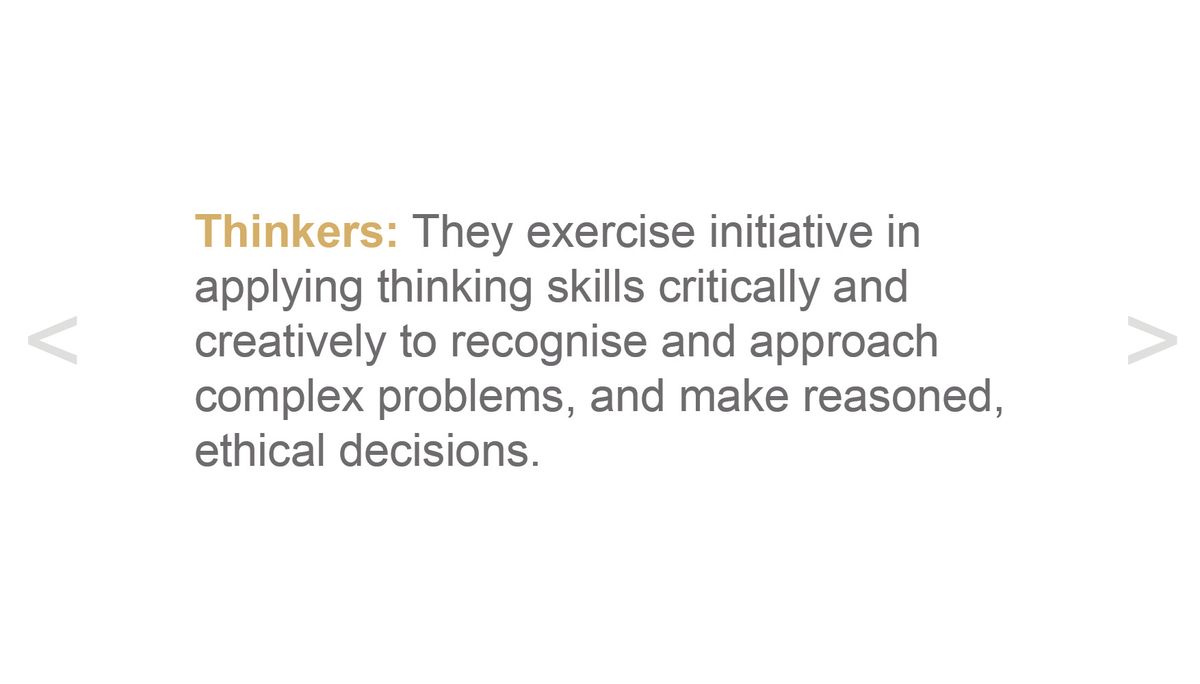
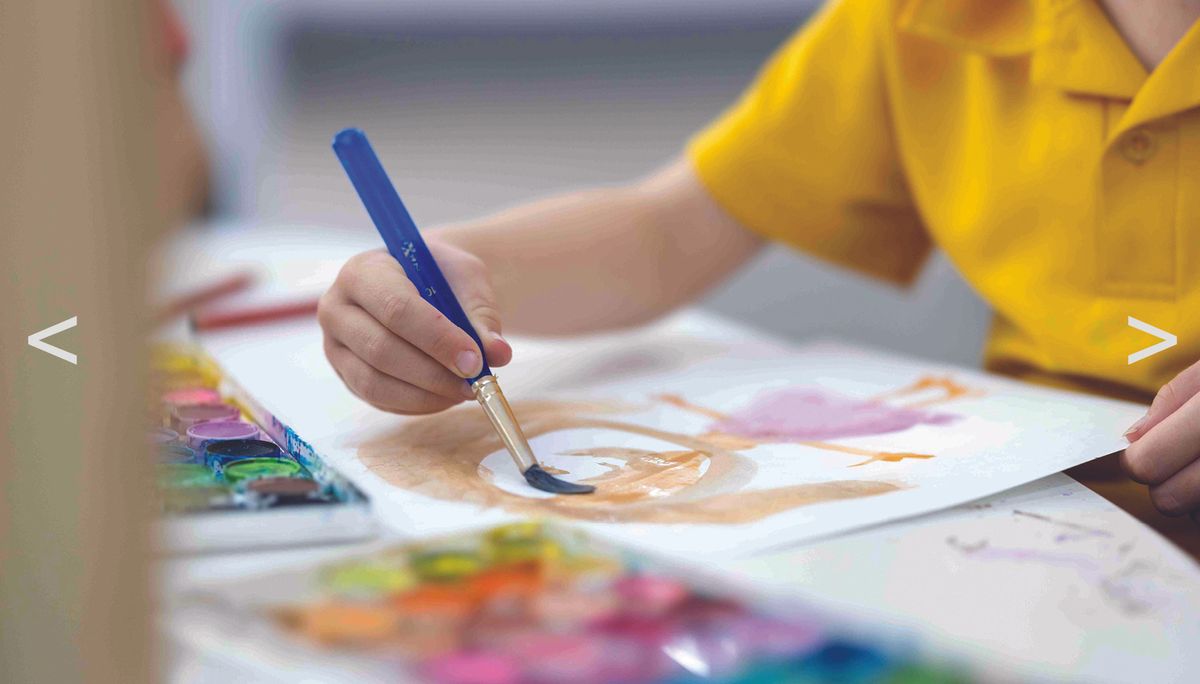
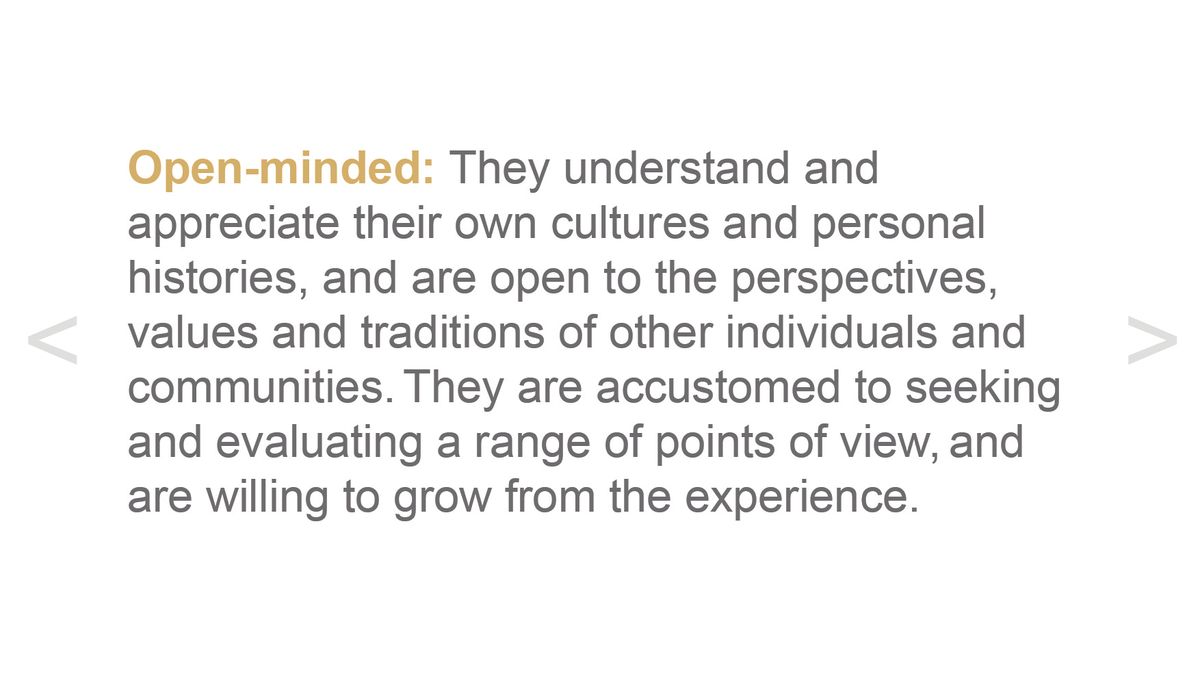
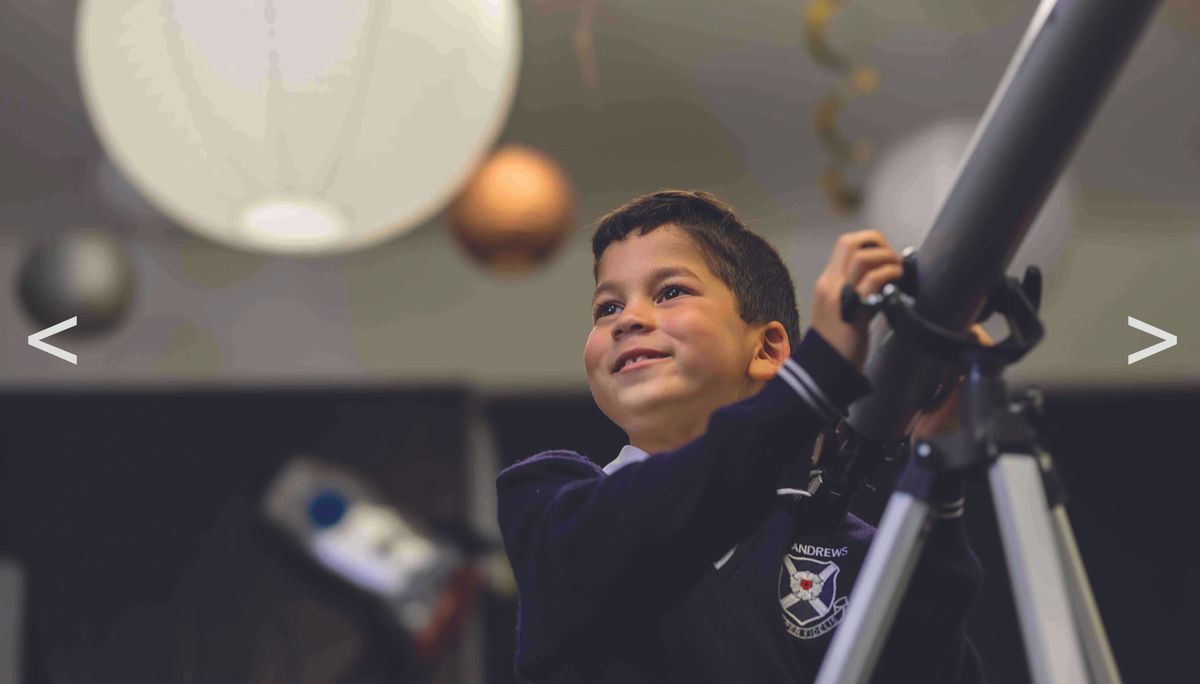
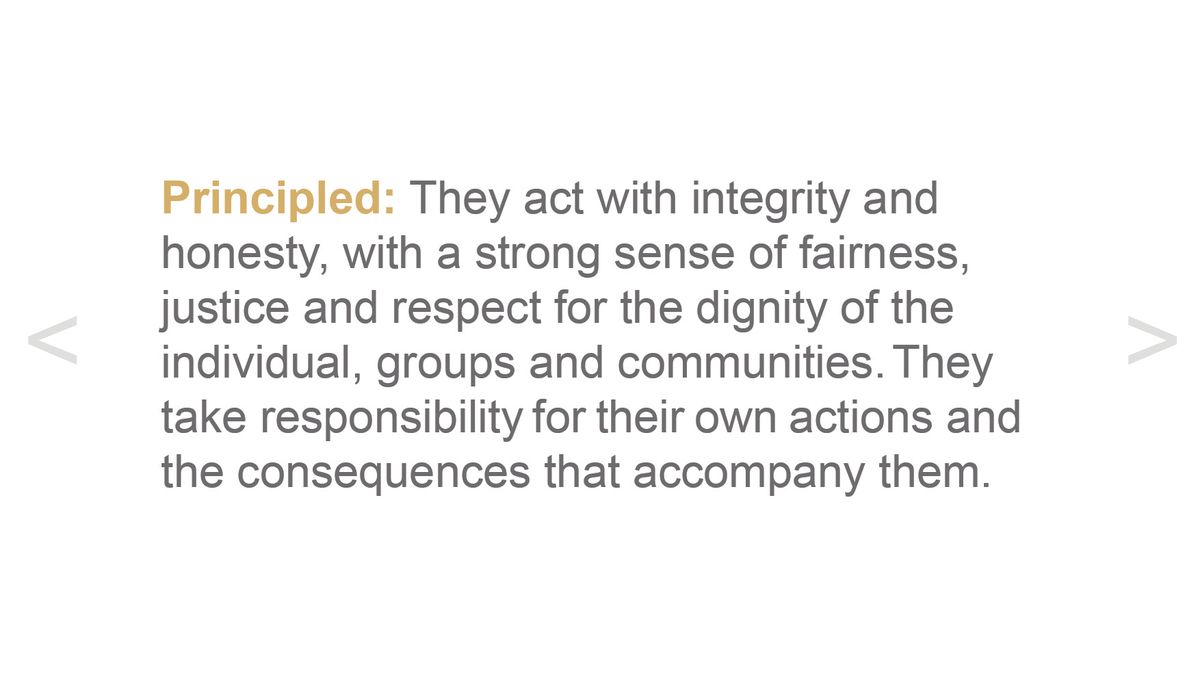
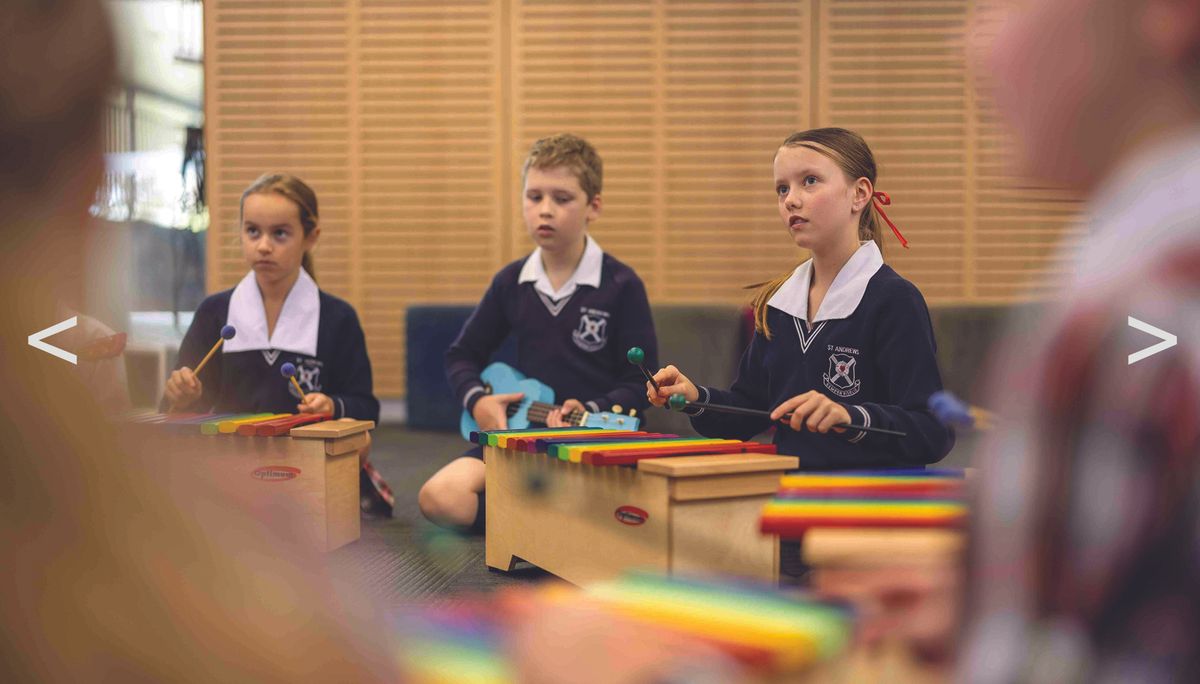
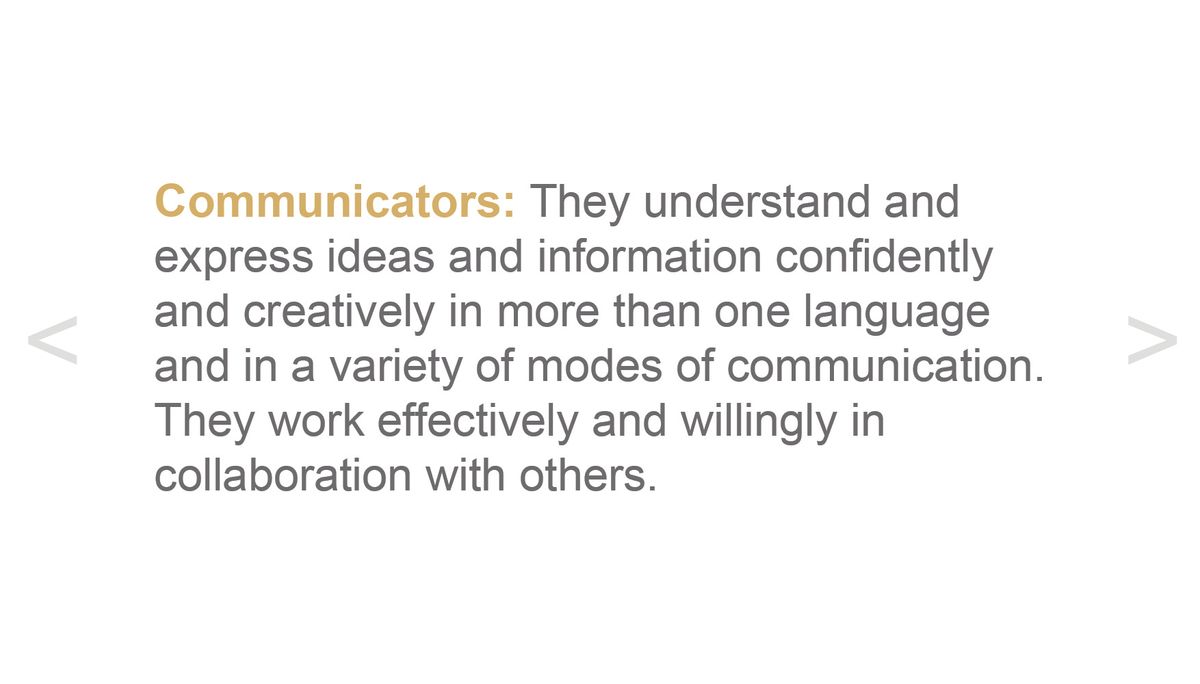
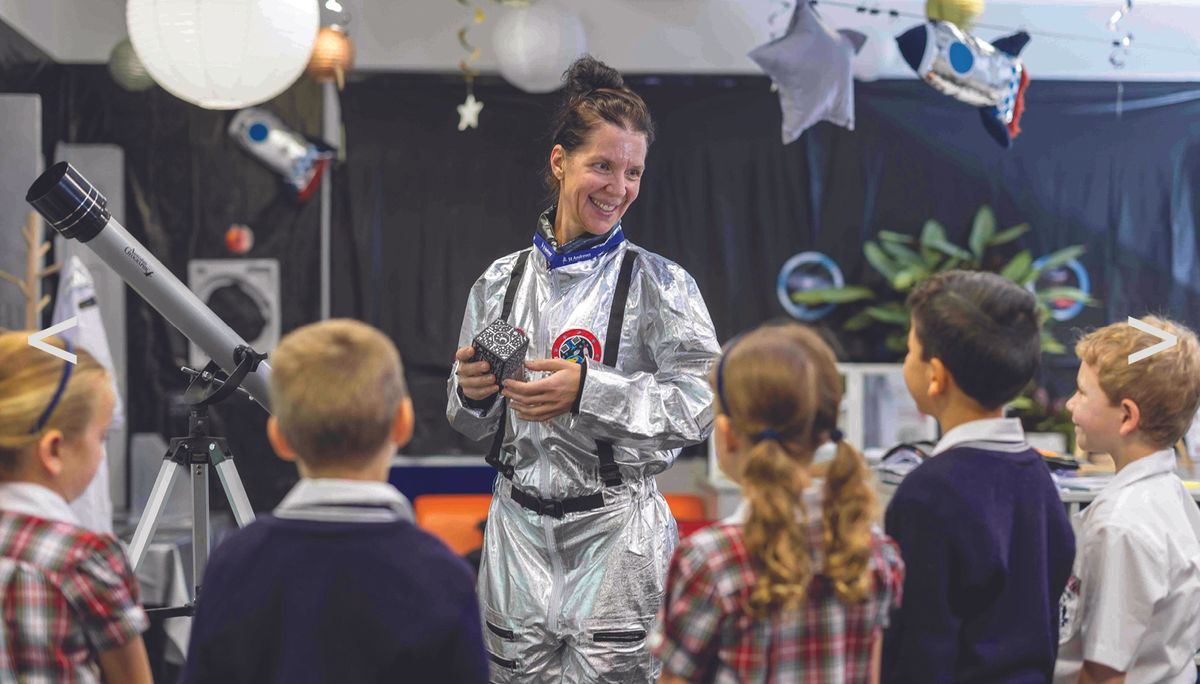
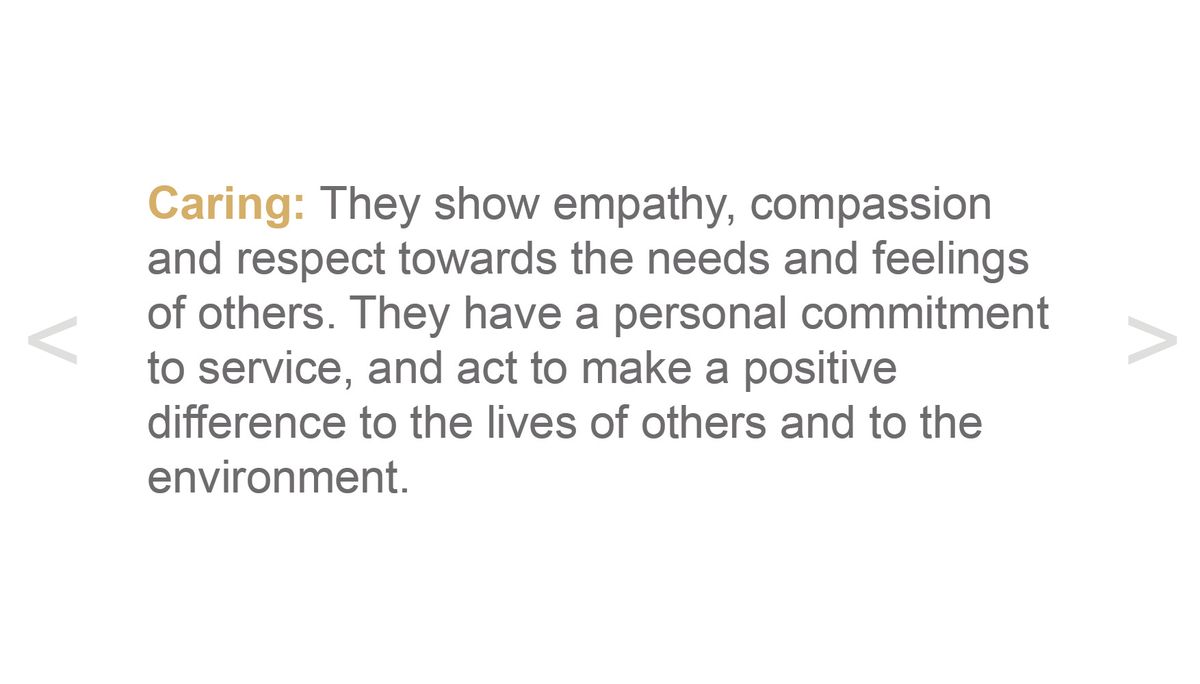

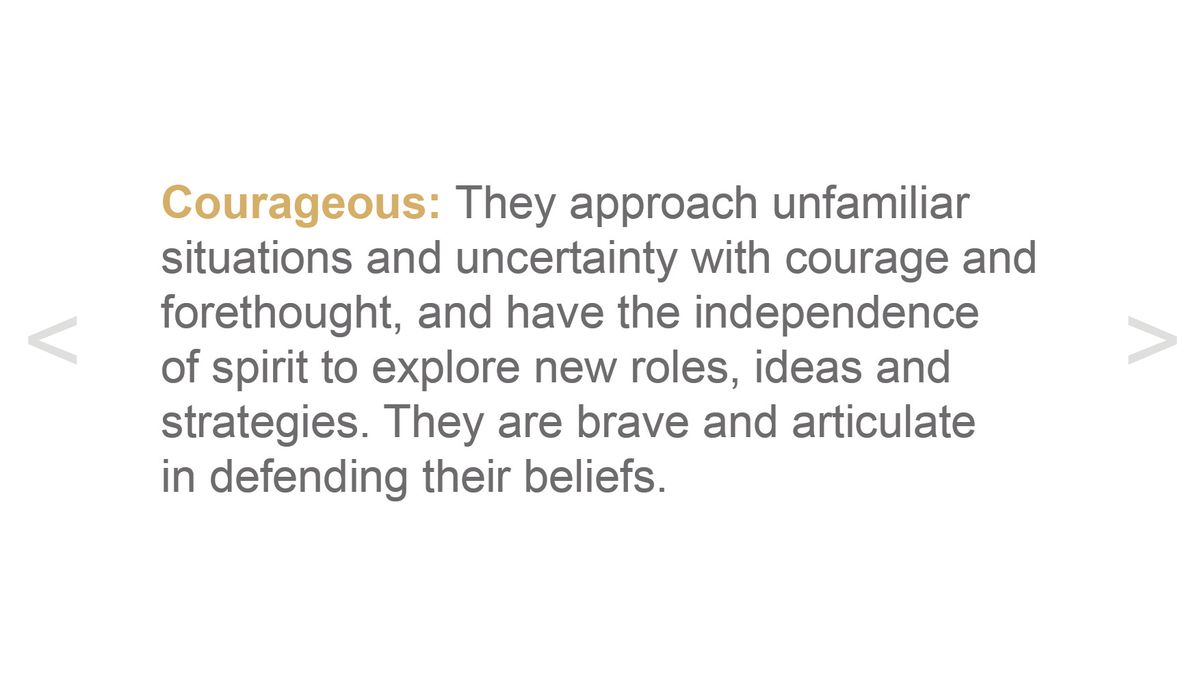
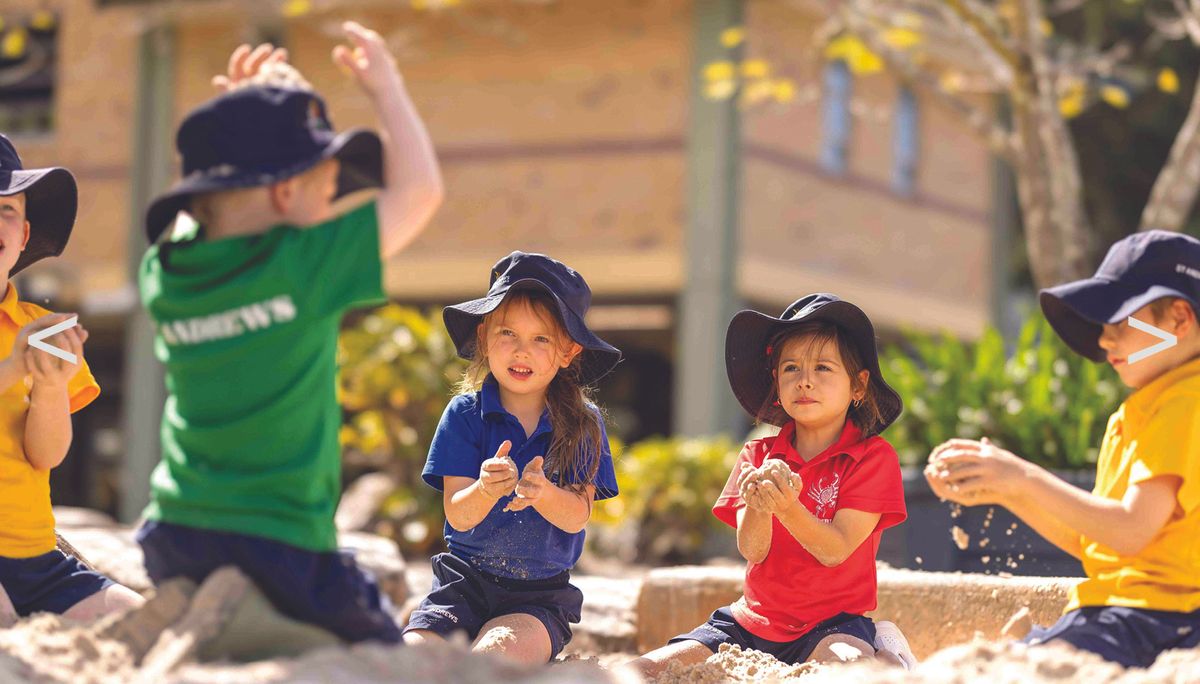
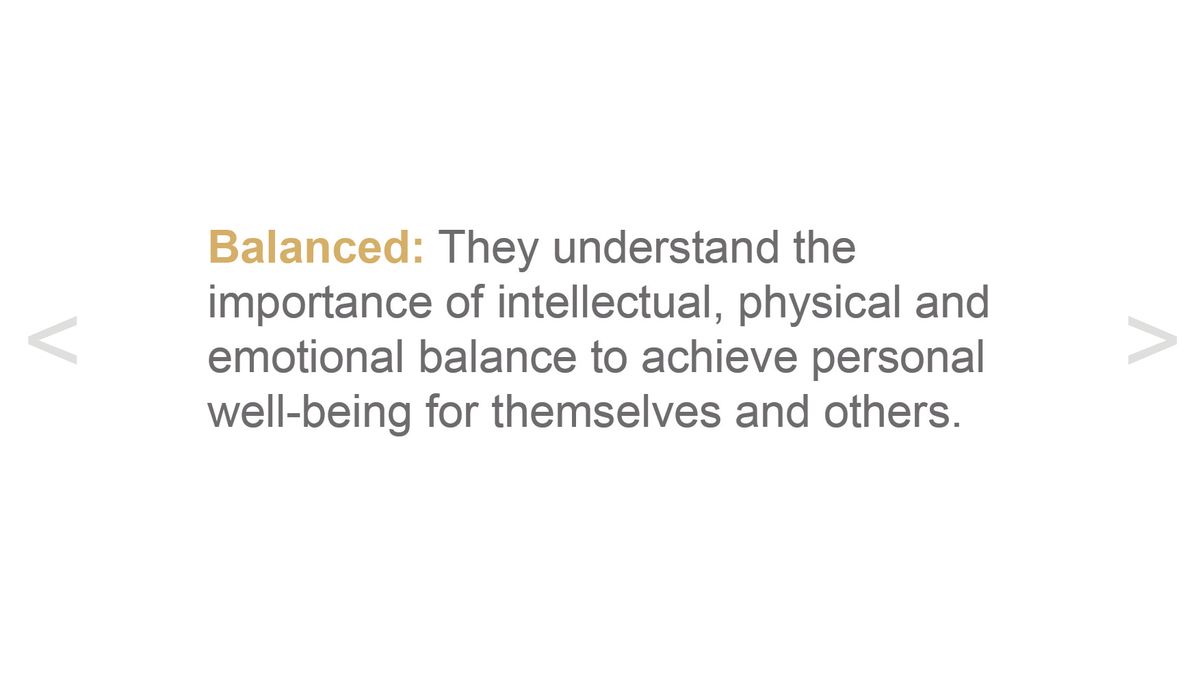
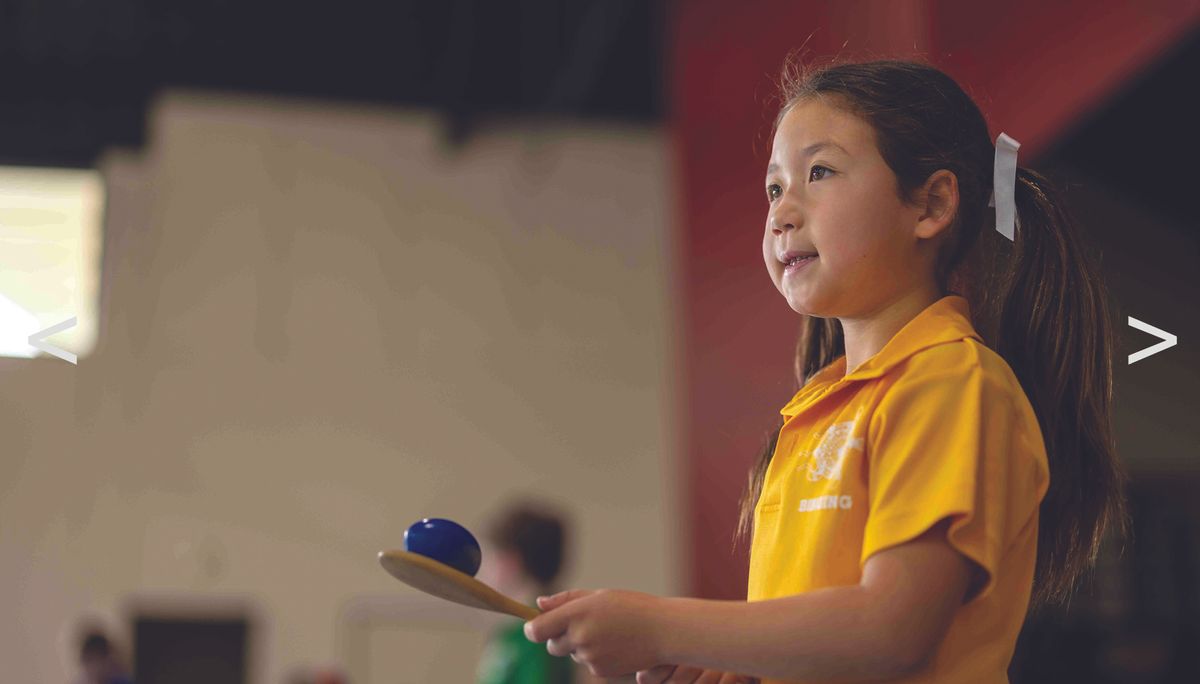
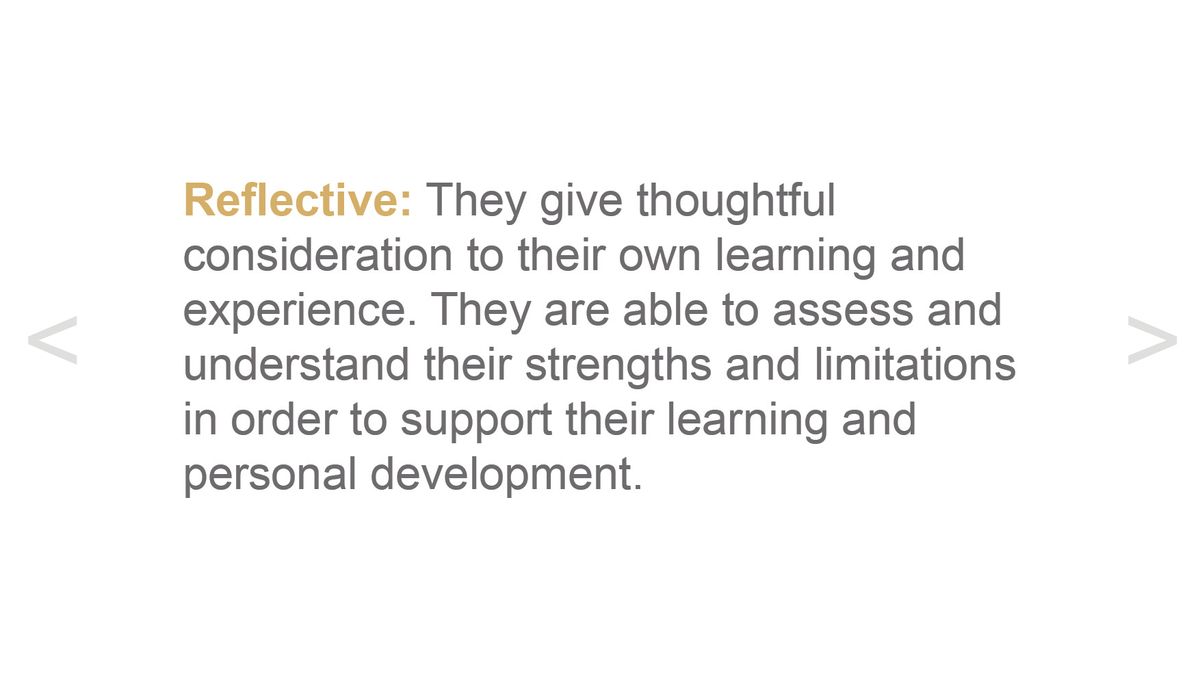
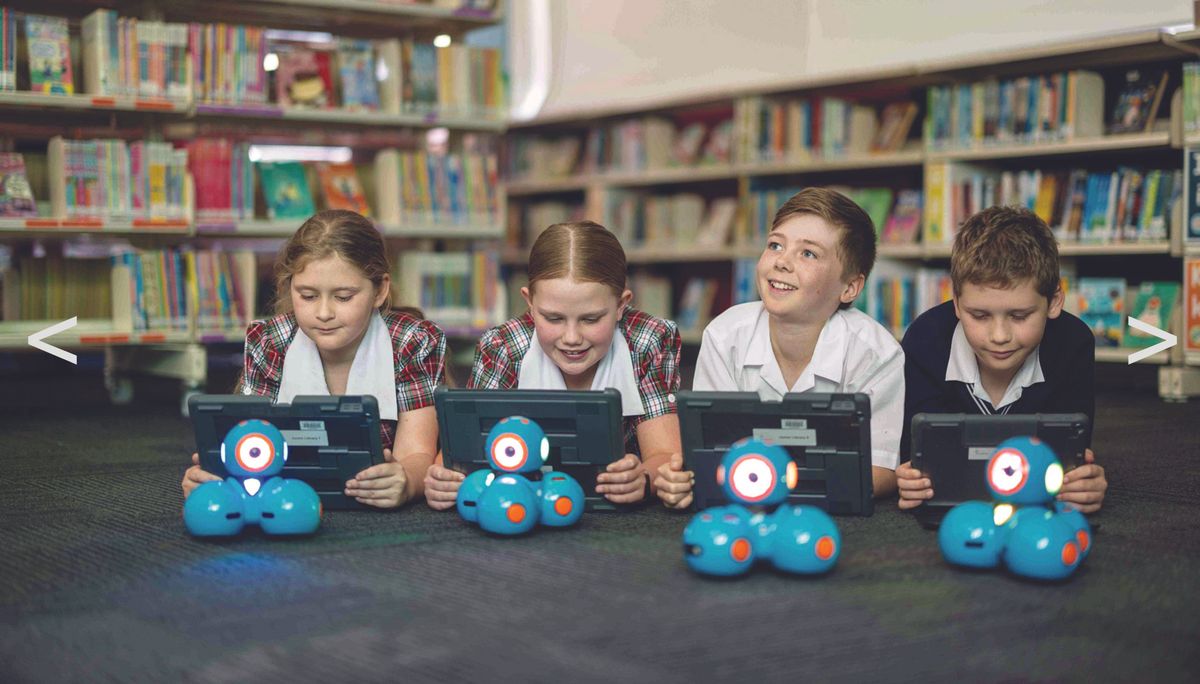
If you would like to learn more about how the PYP comes to life at St Andrews Lutheran College, we encourage reach out to us. Together, let's embark on a transformative educational journey that prepares our students for a bright and successful future.





